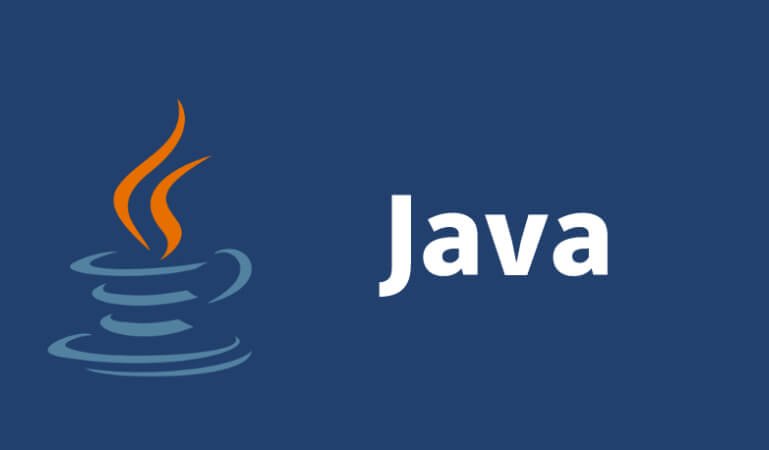What Is the Difference Between J2EE vs JAVA?
Java is ubiquitous, having a presence in every web application, website, gaming consoles to a laptop. Java forms the foundation of many devices and comes pre-installed in Android mobiles. Why not? Studies reflect as Java is one of the most popular programming language course in Pune. But when you wish to develop a web-based enterprise application, you need J2EE. It is an extension of the Java SE and based on the Java programming language. It consists of services and protocols that help in developing multi-tiered web-based applications.
Many have an opinion that both these technologies are the same. But it is the other way around because it is J2EE vs. JAVA. What exactly are the differences? Let’s explore.
The Difference Between J2EE vs. JAVA
1. Foundation
When it comes to the difference between J2EE and Java, the most pivotal aspect is their foundation. The name Java was conferred by Sun Microsystems, referring to the Java Standard Edition (Java SE). Derived from C and C++ language, Java exhibits its impact. But what is J2EE? It is a computing platform relying on Java and goes by the name Java Enterprise Edition (Java EE). The developed software runs successfully at the behest of J2EE.
2. Application
Java is platform-independent. With this feature, the compiled code of Java can be executed on any platform running a Java Virtual Machine (JVM). Being a high-level programming language, Java helps immensely develop content for the web but is more preferred for developing applications, especially desktop ones. With a successful run on all JVM-compliant platforms, Java is considered as a descendant of C and a simpler version of C++.
And J2EE forms one of the core technologies of Java. It helps in creating server applications such as websites. It is favorable for both desktop and websites. Besides, J2EE comes in handy for developing web-based enterprise applications.
3. Versions
In 1995, the first version of the Java Development Kit (JDK) descended from JDK Alpha and Beta. And the first version of J2EE came by the name of JPE in May 1998, followed by J2EE 1.2 in December 1999.
4. Backend
Java is an OOP language with which you can write standalone command-line programs. Instead, you can also combine it with tooling libs like Swing to build a GUI-based desktop application. On the other hand, J2EE comprises a set of specifications targeting technologies like JMS, WS, Servlets, etc. Most importantly, when it comes to J2EE and Java relation, these specifications are implemented using Java. Further, one can write complex applications with the help of J2EE.
5. Components
When it comes to J2EE vs. Java, the components also play a pivotal role. The main components of Java are Java Runtime Environment (JRE), Java Virtual Machine (JVM), and Java Development Kit (JDK). It also holds all core libraries, AWT, Swing-related libraries, etc. On the other side, J2EE comprises Java Database Connectivity (JDBC), Servlets and JavaServer Pages (JSPs), and Enterprise JavaBeans (EJBs).
6. Security parameter
When we shed light on security measures, J2EE offers a security layer. J2EE offers varied mechanisms for the implementation of user authentication, like form-based authentication or HTTP basic authentication. But Java’s security parameters have vulnerabilities, and other languages seem more secure than it.
7. Level of expertise
Java is a boon for beginners venturing into development. Besides, J2EE gains attention from experienced Java developers who wish to venture into building enterprise-wide applications.
In the tiff of J2EE vs. Java, both languages have their share of benefits. Moreover, there are Java frameworks for web development, which you can explore after joining a Java training institute in Pune. Besides, if you are looking for a trustworthy mentor; Cyber Success should be your ultimate choice.
Cyber Success, Best JAVA/J2EE Classes in Pune
When researching about J2EE vs. JAVA, you might wonder what is Java framework or might have some more doubts. But Cyber Success, having the best Java course in Pune, works on every query from the student and initiates complete satisfaction. The institute relies on hard work, truth, and passion, which is why it is accompanied by a highly experienced team of trainers. All these trainers are world-class experts in the said field and vow to impart quality education.
So, if you are looking for Java classes near you, contact Cyber Success on +91 9168665643, +91 9168665644, or drop an email at hello@cybersuccess.biz.
Related Readings: Java Vs. Core Java.



